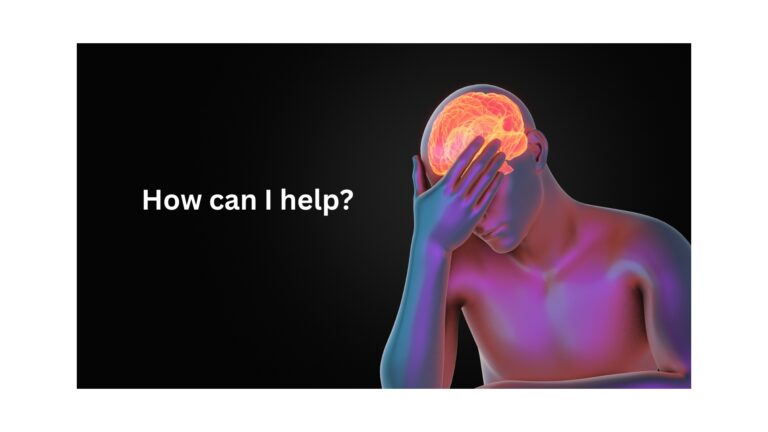Every year, on the second Thursday of September, Australians are reminded to check in on their friends, family, and colleagues, asking the simple but powerful question, “Are you OK?”
RUOK? Day, a national initiative in Australia, is a day dedicated to promoting mental health awareness and encouraging conversations about wellbeing. It’s a simple concept: asking someone “Are you okay?” can make a world of difference, but why is this so important, and why should we make it a daily practice?
The Importance of RUOK? Day
RUOK? Day highlights a critical issue in Australia: the increasing need for mental health support. Mental health conditions affect people from all walks of life, and many struggle in silence. According to the Australian Bureau of Statistics, around 8.5 million Australians had experienced a mental health disorder in their lifetime. Despite the high prevalence, many people hesitate to seek help due to stigma, lack of awareness, or the misconception that they need to deal with their problems on their own.
Suicide remains a major concern in Australia. In 2022, 3,249 Australians lost their lives to suicide, and it is the leading cause of death for Australians aged 15–44. For every suicide, there are an estimated 30 attempts, reflecting the widespread mental health challenges facing individuals and communities. These numbers underscore the importance of initiatives like RUOK? Day, which aims to reduce the stigma surrounding mental health, encourage conversations, and connect people to the support they need.
Why Asking "How Can I Help?" Is Better
While asking “Are you OK?” is a great way to start a conversation, some experts suggest that asking “How can I help?” can be even more effective. When someone is struggling, they may find it difficult talk about their feelings. They might not be “OK” in that moment, but asking for emotional insight can feel overwhelming for them. Asking “How can I help?” changes the tone of the conversation, showing that you’re ready to offer practical support.
Here’s why this approach can be more beneficial:
- Shifting the Focus: “How can I help?” focuses on action and assistance rather than just acknowledging distress. It moves the conversation away from merely identifying feelings to taking concrete steps to improve the situation.
- Empowering the Person: When someone is asked, “How can I help?”, it empowers them to think about what they need. Whether it’s a small favour, advice, or simply someone to listen, it gives them the space to identify how you can provide meaningful support.
- Reducing the Pressure to Explain: “Are you OK?” may put someone on the spot, especially if they’re not ready or able to express their emotions. “How can I help?” removes the need for an immediate emotional disclosure, easing the pressure and allowing for a more supportive conversation.
This slight adjustment in language can significantly improve the way we communicate support. The focus becomes less about diagnosing someone’s mental health and more about being a proactive and reliable source of help.
Making RUOK? Day Every Day
RUOK? Day is a wonderful initiative, but mental health and wellbeing are ongoing concerns that don’t only exist on one day of the year. We should strive to make every day feel like RUOK? Day by fostering a culture of support, openness, and connection. Here are a few ways we can do this:
1. Regular Check-ins: Instead of only asking if someone is OK on RUOK? Day, make it a habit to check in regularly with those around you. Whether it’s a quick text, a phone call, or catching up for a coffee, consistent contact can help people feel more supported in their daily lives. You never know when someone might be going through a tough time, and small gestures of care can go a long way.
2. Promote Mental Health Awareness: The more we talk about mental health, the less stigma there will be around seeking help. Encourage conversations about mental health in your workplace, community, and family. Share resources and information to educate others on how to spot the signs of someone struggling and how to offer support.
3. Be a Good Listener: Sometimes, the best thing you can do for someone is to simply listen. When someone opens up about their struggles, resist the urge to immediately offer advice or solutions. Let them talk and acknowledge their feelings. Being heard can be incredibly validating and can make a person feel less alone.
4. Encourage Professional Help: While conversations with friends and family are crucial, they’re not a replacement for professional mental health care. Encourage those who are struggling to seek professional support, whether it’s through a GP, psychologist, or a mental health helpline. Early intervention can make a significant difference in managing mental health conditions.
5. Look After Yourself Too: Supporting others is important, but so is taking care of your own mental health. Make sure to prioritise self-care, set boundaries, and seek help when you need it. It’s hard to support others effectively if you’re struggling yourself.
RUOK? Day reminds us that we all have a role to play in supporting the mental health of those around us. Let’s continue to take these important conversations beyond RUOK? Day and work together to make every day an opportunity to connect, support, and show kindness to those around us.

